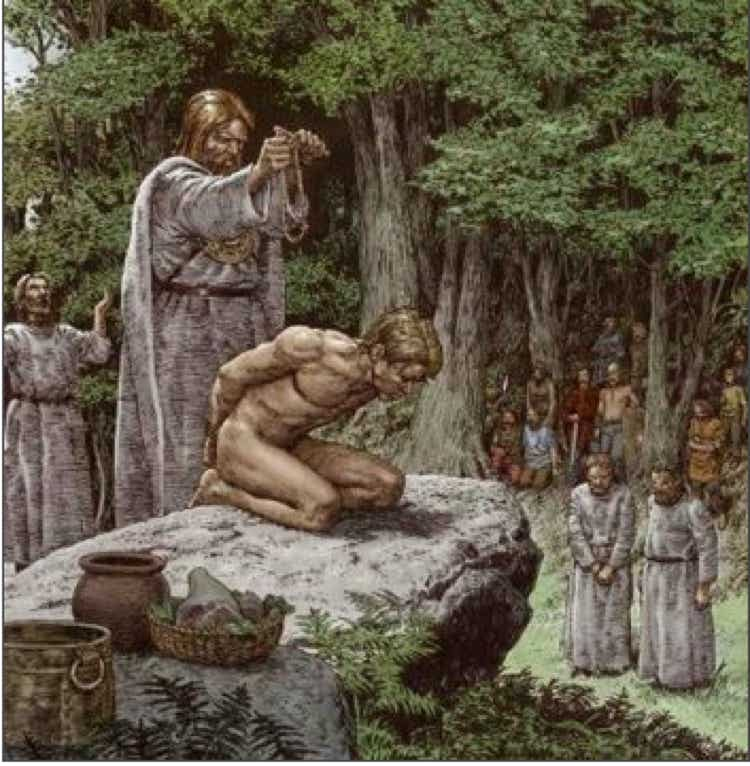About the Book
On Valentine's Day, 1945, the gruesome murder of a crippled hedgecutter, Charles Walton, shocked the townspeople of Stratford-upon-Avon. With its simmering links to Satanic ritual, the murder remains a mystery, one of Scotland Yard's rare cold cases, a crime as relevant today as it was eighty years ago.⬇︎︎
On a cold, mist shrouded February evening, the 74-year-old Charles Walton was found on the slopes of Meon Hill in the rural parish of Upper Quinton, Warwickshire. He had been impaled to the hard earth by a pitchfork driven through his neck. Walton's attacker had bludgeoned him with his own stick, then cut his throat with a slash hook. According to press reports, the sign of the cross had been carved into the laborer’s groin.
Required to solve this difficult crime, Alec Spooner, the local Warwickshire head of C.I.D., joins forces with London's crime-fighter Robert Fabian, to determine the murderer's identity and whereabouts. They soon discovers signals indicating the possible influence of witchcraft or paranormal activity. Reluctant to reveal to Fabian that he wants to dig deeper into these heretical theories, Alec can't ignore others who want his help to reveal the unknown forces believed to cause the death of Edith's dear uncle Charles.
When the highly desirable medium Sam Zawalich, an early advocate of Charles, attempts to make contact with him on the "other side," she discovers she can't succeed without Alec Spooner's help. As most of his other conventional attempts to find the killer fail, Alec weakens and agrees to help Sam convene with Charles' spirit.
Unfortunately, the communion of the living and the dead does not go according to plan and further death complicates any rightful conclusion to the matter. Spooner, unable to win over Sam, and resigned to losing his case, can only find satisfaction in the knowledge that his book about the investigation may help others to finally find the real killer after he is gone. In the meantime, Alec and Sam reveal countless inequities in a system of justice still beholden to money and ironclad tradition.






